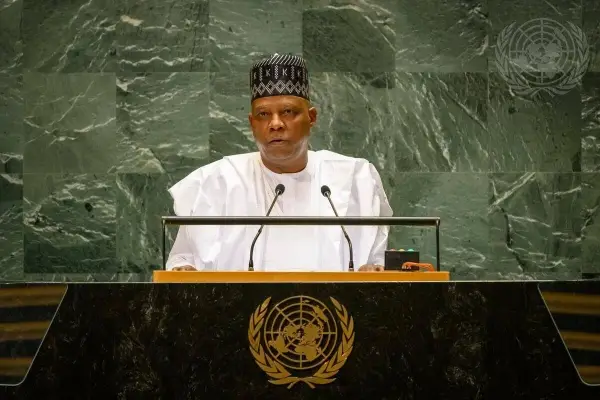21 Key Issues President Tinubu Presented At The 79 UN’s General Assembly

21 Key Issues President Tinubu Presented At The 79 UN’s General Assembly

21 Key Issues President Tinubu Presented At The 79 UN’s General Assembly
Notifications